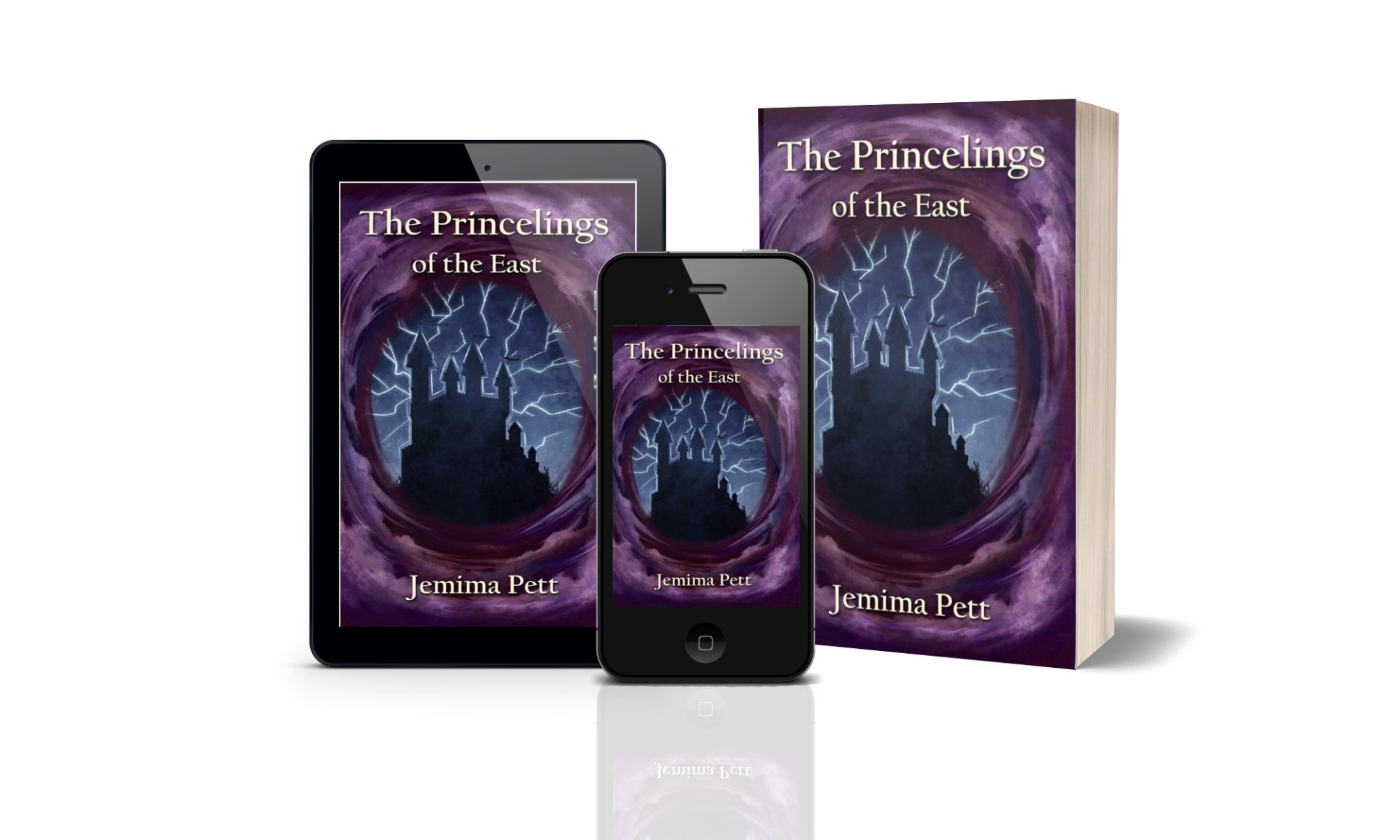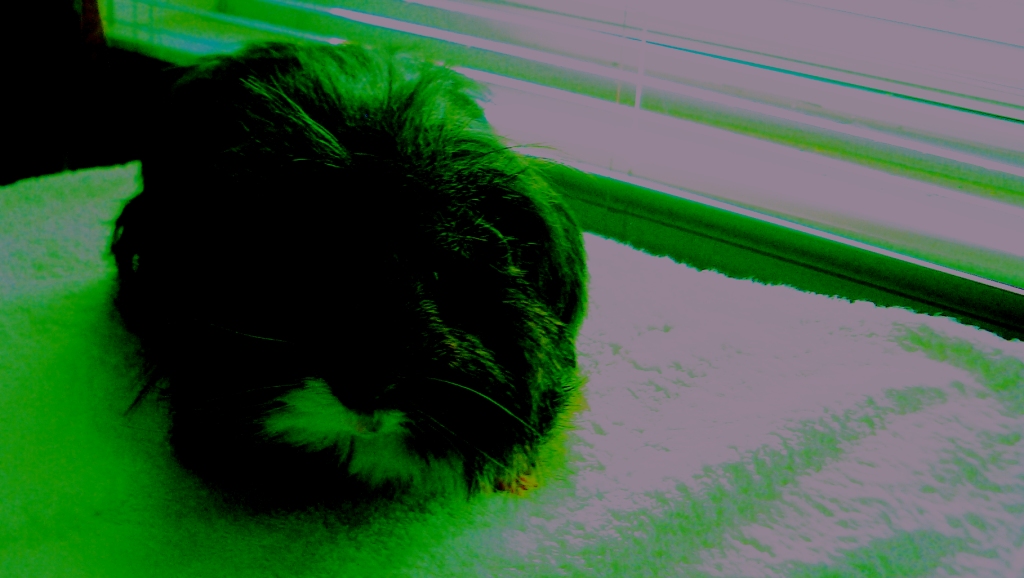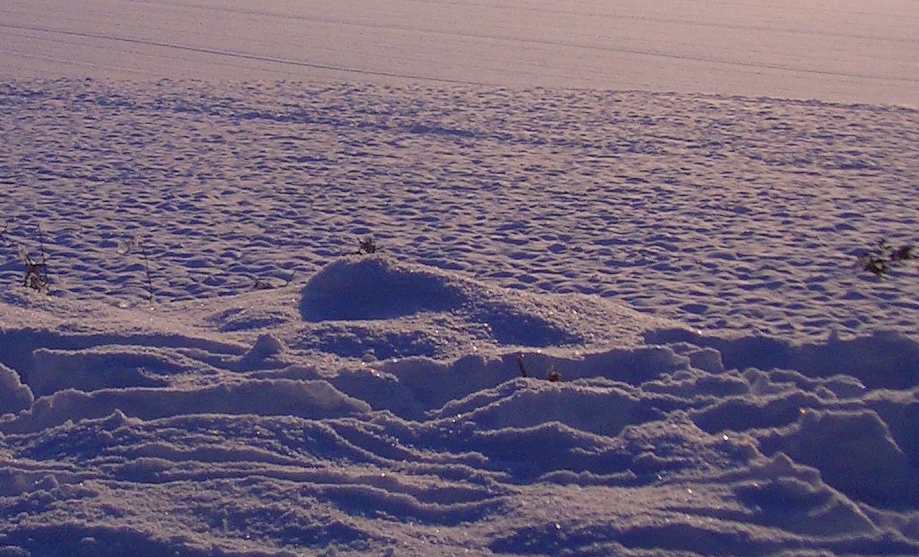We’re continuing our exclusive content on the Princelings website; this is the concluding part of the third of Willoughby’s tales in the Castle Marsh Narrathon.
The Solstice Ghosts (2)
Willoughby jumped back on the table, watched the scurrying of his audience as they resumed their places, and as a hush crept over his audience, he cleared his throat.
“The mean and miserly Drood has received his warning from the ghost of his former partner, Darley, but do you think he’s taken any notice? No, he has not!” he added, answering his own question as some of the audience who joined in with a smattering of “No” from the more alert members near the front. Willoughby gave a piercing glance to those still settling down, and continued where his story had left off before the break.
“Drood found it hard to get to sleep. He was cold, which he was used to, but had no guilty conscience, since he didn’t have a conscience at all. But the sight of his partner, Darley, and the huge chain he dragged around, that bothered him. How could his chain be longer? He did nothing wrong, he worked hard, he did nothing frivolous, he kept himself to himself and asked nothing of no-one. He tossed and turned, and might have drifted off, but he heard the castle clock striking the hour, and on the stroke of twelve, he heard a noise which chilled his heart. His door (which he had carefully locked after Darley’s departure) swung open and a presence entered the room.
“and then….
“very slowly…
“some… thing… pulled the blanket from his head.”
“’I am the Ghost of Solstice Past,” said the pale female who stood in front of him. “Come with me, Drood, and repent.”
“’I don’t want to repent, and I don’t want to come with you!’ Drood replied, but the apparition took hold of his arm and whisked him off through the wall, which was transparent once more, up into the cold night air, over marsh and moorland, till they landed in a castle far from home.
“’Why, this is where I grew up,’ Drood said, and he watched as the apparition showed him a youngster standing next to other youngsters at a Solstice celebration, standing at the edge and refusing to join in the games for fear of making a fool of himself. ‘Is that lonely boy me, spirit?’
“It is you. Before you turned away from friendship. Maybe it was the beginning of your lonely life.’ They waited, watching, until the games were ended and the castle speech was made, and the inhabitants had made their Solstice promise. And, through it all, young Drood said nothing, did nothing. ‘Why did you not join in?’
“’I was destined for other things. It would have been beneath me.’
“’Even the Solstice speech? The king joined in.’
“Drood just shrugged, and the spirit took his arm and they flew to another place, where an apprentice Organiser sat at a desk while all his colleagues enjoyed a Yuletide party organised by their boss. Drood watched as a female sat by the younger Drood and talked to him about joining in the dancing, but he shook his head, and excused himself. Three more times, the spirit showed him Yuletides in the past, where a younger version of himself avoided the celebrations and immersed himself in his work, so as not to notice everyone else enjoying themselves. Then the apparition took him home.
“’So, you mean to show me the error of my ways, I suppose? Well, that is that, and what is done cannot be undone. Bah! Farewell, spirit, and if there is another one, as Darley said, I hope they can do a better job than you.’
“The Ghost of Solstice Past said nothing, but looked sadly at him, and shimmered into the wall and disappeared.
“Drood pulled his blanket back over his head, but hardly had time to close his eyes before he heard the clock strike twelve again. Curious, he thought, and then pulled the blanket off his head as a bright light and warmth filled the room. A huge person stood in front of him, wielding a fistful of herbs in one hand, and a bunch of fresh celery in the other.
“’Well, Drood,’ the stranger’s voice boomed, ‘time for a little fun! Let’s go and see what’s happening outside, shall we?’
“’Er, no,’ stammered Drood, pulling back from the stranger’s grasp, with no success whatsoever. ‘Who are you, anyway?’
“’I am the Ghost of Solstice Present, and I assure you we are going outside and I, at least, will be having fun!’ and he took a huge bite from his celery, tucked the rest into his other hand, and took Drood by the arm. They flew over marsh and moorland, seeing the formal dinner at Castle Buckmore, and the free-for-all celebrations at the Inn of the Seventh Happiness. All around the castles, people were busy, getting ready for the celebrations, putting up decorations, bringing in a Yule log, taking food out of storage and preparing delicious dishes. They found young people playing with carefully prepare gifts from their friends and family, and lovers, old and young, holding hands and exchanging tokens. It was the same all over the realms, even at far-off Castle Haunn, where the princelings of the north were dancing Strip the Green Willow and other dances with the blacksmith’s daughters at their ceilidh.
“At last they came back to Drood’s home, but not to his rooms. The spirit took Drood to his nephew’s room, where they stood behind him and his family and friends as they enjoyed a carefully prepared meal with all sorts of good things they’d dried or preserved from the summer. The nephew proposed a toast, and included his uncle Drood, which caused a great deal of argument about why they should drink to a miserly old meanie. Drood shifted on his feet, but nodded in agreement when his nephew explained that Drood was only doing what he thought best, working everyone to the bone so he could be successful, and not to worry, since when Drood went, hopefully the nephew would inherit the business. ‘Well, maybe,’ muttered Drood.
“Then the spirit took him down to the castle’s lower levels, and they found Bob and his family squashed round a table, and Mrs Bob bringing in the best food they had managed to grow, and even though it was very little for a feast, they helped the little weak one to a big share before everyone else tucked in. And Bob took the weak one to bed and told him a bedtime story, and the weak one said he thought Bob would make a wonderful Narrator. ‘But my job is with Mr Drood, my dear one, and it is him we thank for our good fortune in having food to eat and a place to live.’ Drood nodded as he heard this, but wondered how Bob could live on so little, and with so many mouths to feed.
“After this the clock started striking the hour. ‘I must leave you now,’ said the spirit, ‘but remember, the things you see here are only the Solstice Present, and many other Presents may exist, if you change your ways!’ And before Drood could argue the need to change his ways, the spirit vanished, leaving Drood alone in a cold, dark lane, a place he didn’t recognise, although he thought he knew the castle very well.
“The clock finished striking twelve, and a sinister hooded figure blocked out the remaining light at the end of the lane. Drood stepped forward, hesitating over whether this was the third Ghost that had been promised. Then the hooded figure turned and beckoned to him.
“’Are you the Ghost of Solstice Yet to Come?’ (Willoughby put a tremor in his voice). The hooded figure nodded to him. The apparition was huge, towering over him, menacing and mysterious. Drood squeezed his eyes shut and gulped. ‘Have you come to show me the future?’
“The apparition turned and swept his cloak around Drood. When Drood felt himself uncovered, he opened his eyes and found they were in a graveyard. It was dark, mist was dripping from the leafless tree in the corner, and some people stood around a freshly dug grave. ‘He was nothing but a slave driver,’ said one. ‘Good riddance’ said another. ‘At least we can all be free of him now,’ said a third. ‘Maybe his nephew will be a better master,’ said another, who looked uncommonly like Bob, ‘but it comes too late for my wee bairn.’ He turned away and walked to another part of the graveyard, where he comforted his wife and the rest of his family before they walked sadly back to their home.
“Drood said nothing, strangely moved by the sight of Bob’s child’s grave, and of the one on the other side. The spirit wafted him on, to other places in the castle, where he heard nothing but people pleased to hear that ‘the old miser’ had died. It gradually dawned on him that it was himself they were talking about, it was him that was dead in the first grave. And everyone was pleased. No-one had a good word to say about him. His life’s work was counted for nothing. He remembered what the previous ghost had said. Many other Presents may exist, if you change your ways. He asked his dour companion if that was the case, but the hooded apparition said nothing, just moved forward to envelope him, and Drood felt himself swooning, drowning, sinking into the dark folds of his cloak.”
Willoughby paused. If there were such a thing as a pin to drop, it would have been heard. Willoughby stayed still, imagining the hopeless descent into the depths of the blackness of the cloak, and whispered…
“The Spirit of Solstice Yet to Come faded into the night,” Willoughby raised his voice gradually up to a shout, “but Drood found himself fighting the cloak, fighting and fighting! He didn’t want to die! Not alone! Not like this!”
Stunned silence.
“The cock crowed. Dawn came. Drood unwrapped himself from the blanket that he had got so terribly tangled in during the night. It was all a dream, he said to himself. But as he got out of bed, he stepped on some celery leaves, and a few herbs, scattered by his door.”
Willoughby looked at his audience, half of whom had their mouths open in awe.
“I never did find out if Drood changed his ways,” he said. “But I bet he didn’t risk the fate he’d been shown by those three Ghosts of Solstice. Now let’s all join in a dance, yes, even you, hiding by the back door!”
And despite the crowd they were in, they all stood up and did one of those dances you know so well, where you stand on the spot and do strange moves with your hands and your hips and everyone laughs because it’s so hard to remember what comes next. Willoughby led them for the start, but then someone else jumped onto the table and carried on, and Willoughby slunk away to a nice mulled apple juice in a quiet part of the castle, to rest until his final turn of the Narrathon.
(c) J M Pett 2014 (and Charles Dickens)





